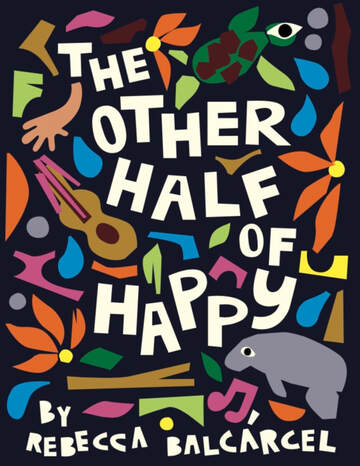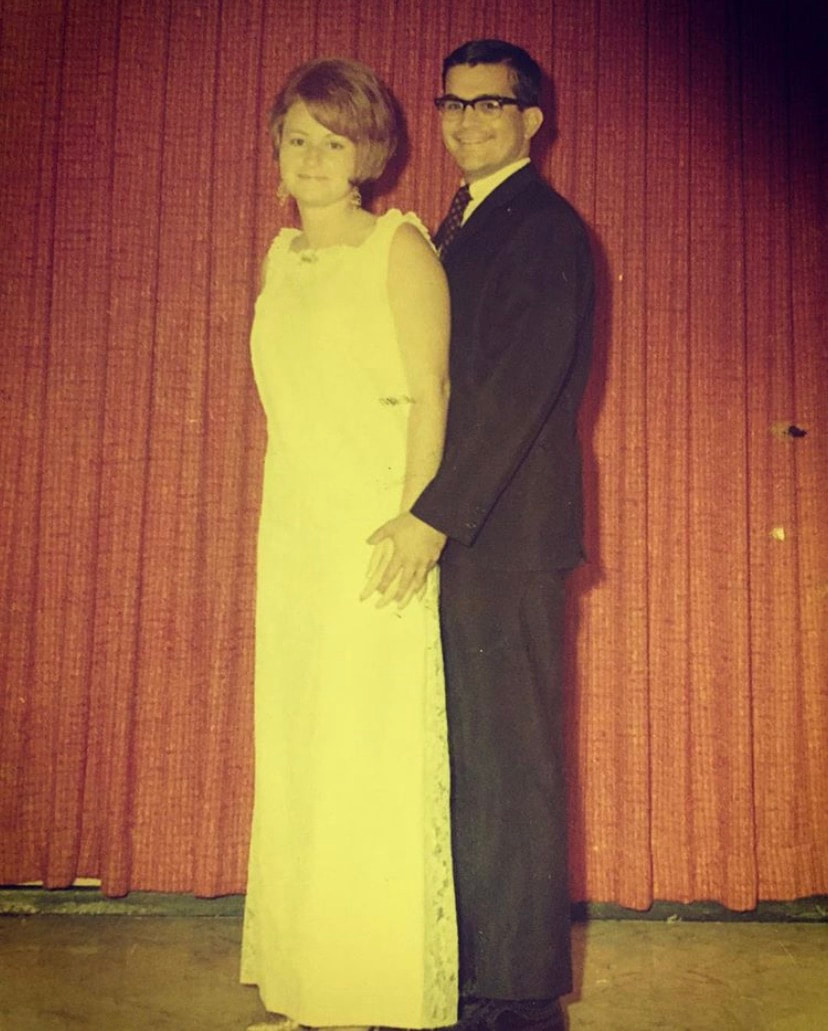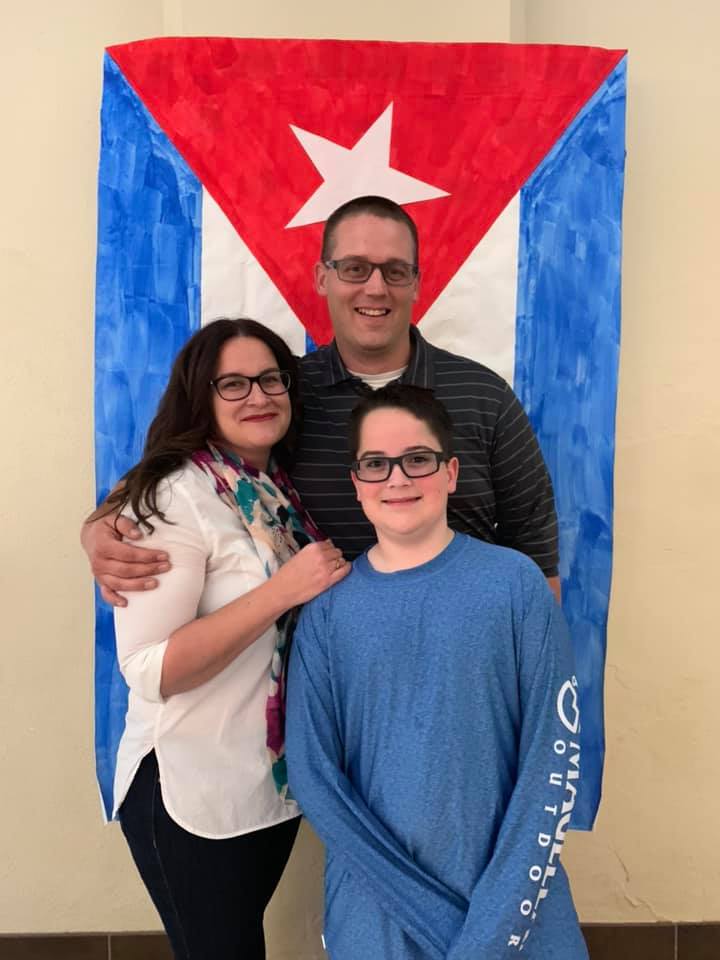About The Other Half of Happy...Twelve-year-old Quijana likes to say that she used to be Pangaea. Unsplit. Not half white or half Latina. But that was before her Guatemalan cousins moved to town. Before her dad seemed ashamed that she isn’t more in touch with her Latinx heritage. Before her parents planned a family trip to Guatemala where she’ll feel like a failure from first tortilla to last. Now her continents are splitting apart. With the help of two new friends and kid-powered ingenuity, Quijana makes a plan to ditch the trip. After all, she’s never been great at Spanish, and she never asked to be named after Don Quixote, Spain’s most famous loser. Will she find happiness by staying half? In the beginning of Rebecca Balcárcel’s moving and heartfelt middle grade novel The Other Half of Happy, narrator Quijana Carrillo declares, “That’s what it’s like being twelve. Everything rolling toward you.” And what’s rolling toward Quijana? A new school. A blossoming crush. A little brother whose behavior no one can explain. Expectations from her parents that Quijana feels she’ll never be able to meet. Complicating these issues is Quijana’s bicultural identity. The daughter of an Anglo mother and Guatemalan father, she doesn’t speak Spanish and is embarrassed of her father’s accent. She doesn’t appreciate the intricately embroidered huipil her abuela sent her. She exists in the gray space deeply understood by children straddling two cultures. Children who want to fit in with their peers, want to please their parents, and want to understand themselves. Children like me.
Upon going to college in the midwest, I took my first formal Spanish classes. Since my ears were already tuned to the rhythm and melody of Spanish and my tongue was used to wrapping itself around rr’s and zeroing in on limited vowel sounds, my professors assumed I was a native speaker. Their assumptions were confirmed by my name. When Quijana sits in Spanish class at her new school, she is faced with the same experience from her teacher. An Oh unlatches. I see myself as my teacher does. She thinks my dark brown hair knows the answer. She’s betting my toasted skin can conjugate verbs. She looks at my name and thinks “Latina.” Quijana is faced with an imposed identity simply because of her name and her looks. But how can children be free to discover who they truly are when they are constantly faced with assumptions and expectations based on their skin, their language, and their family? Quijana describes this perfectly when looking at family photos with her father. When a photo of me on Dad’s shoulders comes up, he looks away, but I don’t. He used to let me be myself. That’s the real me in the picture, and it’s the real me sitting here, too. He’s the one who moved the goalposts.
Other times he groans, “Arroz con pollo, again?” Sometimes he giggles when I teach him new words in Spanish. Other times he declares he’s going to study German in middle school. And that’s okay. My hope is that children like Quijana and my son will be free to embrace the identity they choose, free of the assumed requirements of a particular culture. My hope is that they will discover the richness of their culture as it exists in all its forms and permutations. My hope is that they will always feel like they are enough. Because in the end, as Quijana says, “Right now, we’re all unfinished. And unfinished is fine.” Get your copy of The Other Half of Happy...About the blog author...Adrianna Cuevas is a first-generation Cuban-American originally from Miami, Florida. A former Spanish and ESOL teacher, Adrianna currently resides in Austin, Texas with her husband and son. Adrianna’s debut middle grade novel, Nestor’s Guide to Unpacking, will be published by FSG/Macmillan is spring 2020.
2 Comments
8/22/2019 08:58:50 pm
The Other Half Of Happy is the book that is being discussed in the blog. The book will teach you a lot of things and these lessons are applicable to our life. The life that we have right now is the proof that we are all fighting to fight for our rights and needs that we must have in this life. I have some questions about the book but I think that it will be answered when I finish reading the book. There will be clarity after the last chapter. It will be fun for sure. I will write down the lessons that I have gained after reading this.
Reply
Leave a Reply. |
Las Musas SpeakWelcome to our blog! Archives
July 2024
Categories
All
|




 RSS Feed
RSS Feed